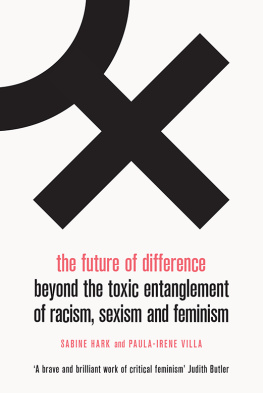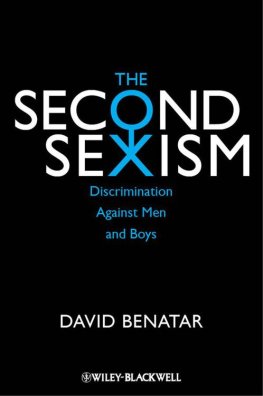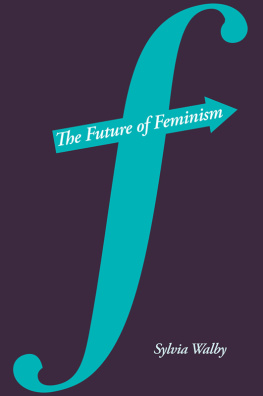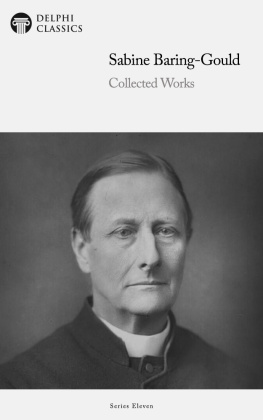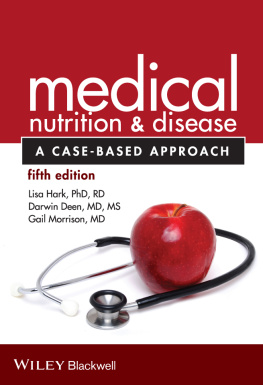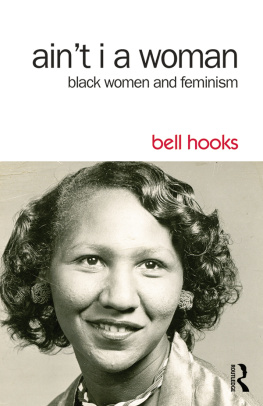Contents

The Future of Difference
The Future of Difference
Beyond the Toxic Entanglement
of Racism, Sexism and Feminism
Sabine Hark and Paula-Irene Villa
Translated by Sophie Lewis

The translation of this work was partially funded by Technische Universitt Berlin.
This English-language edition published by Verso 2020
Originally published in German as Unterscheiden und herrschen:
Ein Essay zu den ambivalenten Verflechtungen von Rassismus,
Sexismus und Feminismus in der Gegenwart
transcript Verlag 2017
Translation Sophie Lewis 2020
All rights reserved
The moral rights of the authors and translator have been asserted
1 3 5 7 9 10 8 6 4 2
Verso
UK: 6 Meard Street, London W1F 0EG
US: 20 Jay Street, Suite 1010, Brooklyn, NY 11201
versobooks.com
Verso is the imprint of New Left Books
ISBN-13: 978-1-78873-802-6
ISBN-13: 978-1-78873-801-9 (HBK)
ISBN-13: 978-1-78873-803-3 (UK EBK)
ISBN-13: 978-1-78873-804-0 (US EBK)
British Library Cataloguing in Publication Data
A catalogue record for this book is available from the British Library
Library of Congress Control Number
2020932047
Typeset in Minion Pro by Hewer Text UK Ltd, Edinburgh
Printed and bound by CPI Group (UK) Ltd, Croydon CR0 4YY
Contents
Germany shocked by Cologne New Year gang assaults on women, reported BBC News on 5 January 2016 after the assaults had taken place against women in Cologne. as the German daily Welt am Sonntag decided to dub it, went global. All too quickly, Cologne became an internationally recognized shorthand for the already heated debate seething at the nexus of gender, migration, religion, race, and sexuality. So, what, if anything, did change on that infamous night that changed everything? That is the question we pursue in this book.
But is it really still necessary, especially for those of us beyond Germanys borders, four years after the event, to concern ourselves with Cologne? Is Cologne really something people uninvested in domestic German politics should concern themselves with, readers in the Anglosphere might well ask. We think the answer is yes. As we see it, Cologne has become a universal referent in the global spectacle that is the migration crisis, the flashpoint around which, in Kobena Mercers words, ethnic chauvinisms, neonationalisms and numerous fundamentalisms strive to close down the symbolic boundaries of group belonging. Cologne is not just a cipher, then, but a caesura: it stands for the alleged failure of refugees to integrate, for the supposed collapse of multiculturalist daydreaming into a living nightmare of violence and insecurity, and for the putative erosion of our public order by the excessive presence of those of African, Muslim or otherwise somehow not German origin.
The stage for this clash of civilizations (in Samuel Huntingtons model) was Colognes Domplatte the space around Cologne Cathedral. And, as we hope to show, it was no coincidence that the clash occurred along the fault lines of sexuality and gender. As Michel Foucault contends in his History of Sexuality (1980), gender and sexuality should not be understood as antitheses of politics and power, but precisely as dense transfer points for relations of power.
As with sexuality, so with gender. Certainly, there are several other fields of experience relevant to everyday life that could lay claim to such instrumentality, such as crime, violence and terrorism (categories whose very diffuseness seems to make them more effective). Yet sexuality and gender seem to be especially amenable for use as a container for other, affectively charged, intensely controversial questions. They are social order issues: determining how we live alongside one another, in general, and particularly in public; which is to say, they are questions of ethical coexistence. How will how can we live together? How shall we accomplish this, when it comes down to it? How shall people in a pluralistic democracy speak to one another about this, including when it is necessary to really thrash things out? How do we want to speak? Who can, and who will, participate in this conversation in a globalized world shot through, whether we like it or not, with inequality, danger, precarity, religion and borders? Ultimately, these are the disquieting, difficult and fundamental questions that Cologne highlighted anew.
And these are the debates to which we as sociologists, feminists and politically committed citizens wished to contribute in writing this book. It seemed to us that public political discourse around the big questions of our time, post-Cologne, had become incredibly toxic: frequently (albeit not always) enacting the mere appearance of a debate. This was equally true of mainstream news features and talk shows; formal reportage and the blogosphere, vlogs, Twitter and other social media; parliamentary debates, seminar discussions, conference panels; political rallies, and posters brandished at demonstrations all across the political spectrum. What was missing across the board, from our point of view, was and remains a certain quality of collective critical reflection that might enable a controversial, yes, but deeply needful series of debates about the practicalities of living alongside one another. Topics up for debate would necessarily include: the meaning of sexual freedom; relations between the sexes; bodily autonomy; the freedom to move around without constraint; freedom to love, pray, dress a certain way, and be sexually active or not; and the right to be more than the object of public discussion, that is to say, to participate critically in public debates.
We could not agree more that what happened on the Cologne Domplatte on New Years Eve is not something we can dismiss with just a few pithy platitudes. None of the available cynical reactions, be it nothing happened, we all know what happened nothing special, or boys will be boys (i.e., men having fun will necessarily be men harassing women), are remotely appropriate responses. Of course, the popular blanket statements profiling the Arab or Muslim man as a harasser of our women while pretending that such things do not happen in Germany, in the West, or within Christianity are every bit as inappropriate. Without a doubt, sexual violence was perpetrated that night, and this represents a grave problem. At the time, it made both of us feel helpless and angry. We were angry that women, in 2016, could not move around in public space without risking molestation. We were angry that the police (as a committee of parliamentary inquiry for the North RhineWestphalia region later determined But violence is nevertheless not an ahistorical, transcultural human disposition, nor even an anthropological constant, simply to be accepted as a fact of nature. It must always be apprehended in a context-specific manner, for its expression from place to place is far from uniform. By establishing this, we are by no means relativizing bad deeds and values: we mean it as an empirical statement, denoting a general epistemic starting point.
It would be difficult to overstate the hypocrisy of those countless German commentators who, in delivering their Cologne-related verdicts, suddenly now discovered themselves to be feminists but only insofar as the criminals were thought to be non-German and (specifically) Arab-born. As vital and important as it is to fight sexism, and especially to struggle against sexual and gender-based violence, if that commitment becomes racist, xenophobic, or narrowly culturalist, it becomes destructive. And it is precisely

